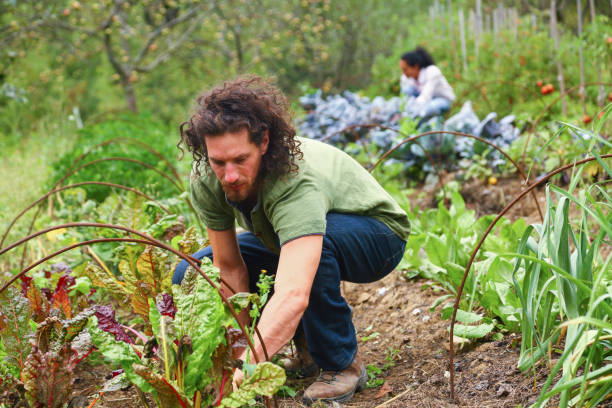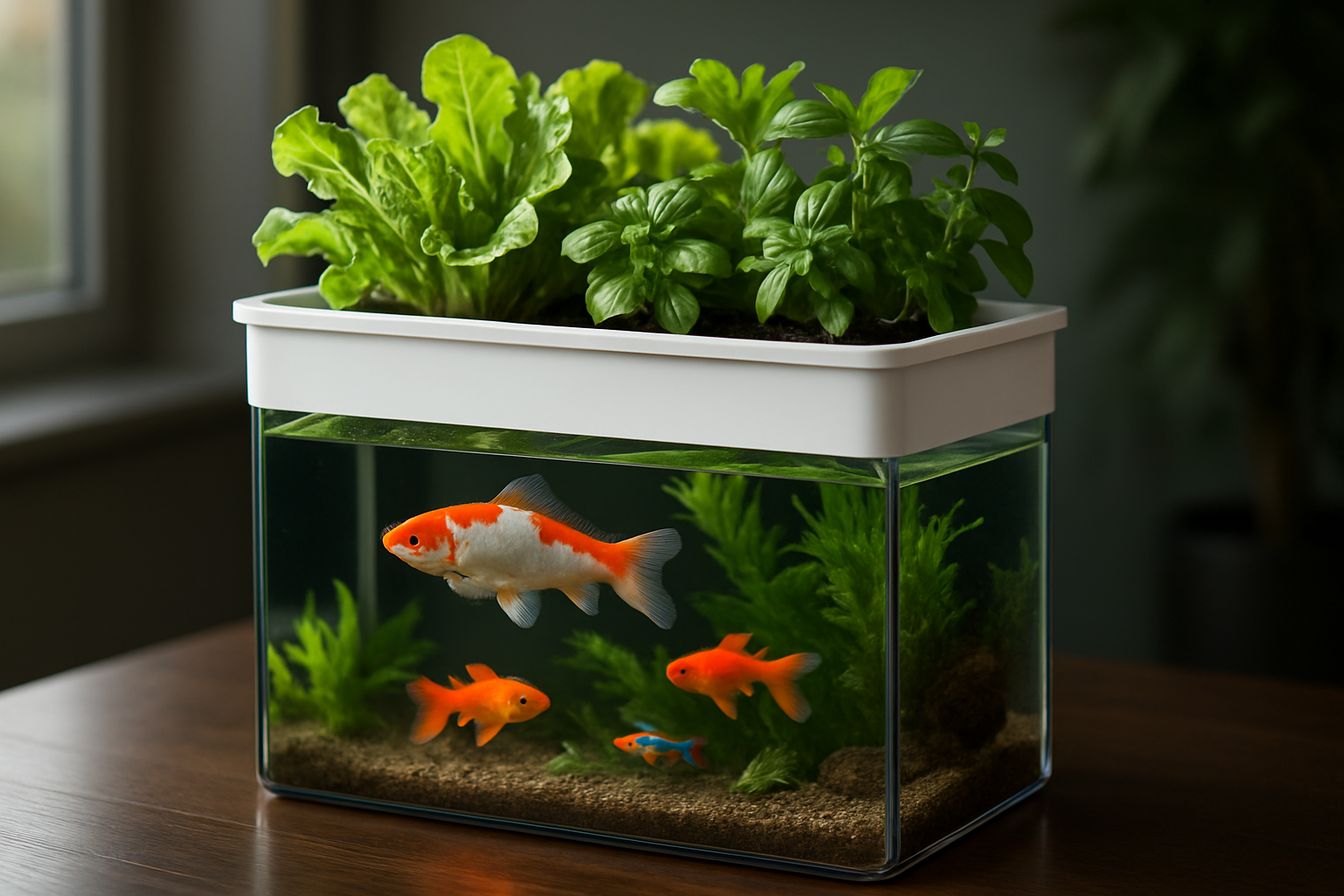The Surprising Link Between Soil Health and Human Wellness
Are you ready to dig deep into a groundbreaking health topic? Imagine a world where the key to your well-being lies beneath your feet. What if the secret to optimal health isn't just in what you eat, but in the very soil where your food grows? Welcome to the fascinating realm of soil health and its profound impact on human wellness.

As we delve into this earthy topic, prepare to discover how the ground we walk on might just be the foundation of a healthier, more vibrant future. Let’s explore the intricate web of life that exists in healthy soil and how it directly influences our own health and happiness.
The Hidden World Beneath Our Feet
Soil is far more than just dirt. It’s a complex, living ecosystem teeming with billions of microorganisms, including bacteria, fungi, protozoa, and nematodes. This diverse community of soil microbes plays a crucial role in maintaining the health of plants, animals, and humans alike.
Healthy soil acts as a natural filter, purifying water and air. It also serves as a carbon sink, helping to mitigate climate change. But perhaps most importantly for human health, soil is the foundation of our food system. The nutrients in our fruits, vegetables, and grains are directly influenced by the quality of the soil in which they grow.
Recent studies have shown that soil health is declining worldwide due to intensive farming practices, pollution, and climate change. This decline not only affects crop yields but also the nutritional content of our food, potentially contributing to various health issues in humans.
The Soil-Food-Human Health Connection
The quality of soil directly impacts the nutritional value of the food we eat. Plants grown in healthy, nutrient-rich soil contain higher levels of vitamins, minerals, and beneficial compounds like antioxidants. These nutrients are essential for various bodily functions, including immune system support, cognitive health, and disease prevention.
Conversely, crops grown in depleted soil may lack crucial nutrients, leading to what’s known as “hidden hunger” - a form of malnutrition where people consume enough calories but not enough essential nutrients. This phenomenon has been linked to various health issues, including weakened immune systems, cognitive impairments, and increased susceptibility to chronic diseases.
Moreover, healthy soil promotes the growth of diverse plant species, which in turn supports a more varied diet. Dietary diversity is crucial for maintaining a healthy gut microbiome, which plays a vital role in overall health, including mental well-being and immune function.
Soil Microbes: The Invisible Health Allies
The microbial life in soil doesn’t just benefit plants; it can also have direct positive effects on human health. Exposure to diverse soil microbes, particularly in early life, has been associated with reduced risk of allergies, asthma, and autoimmune disorders.
The “hygiene hypothesis” suggests that our modern, overly sanitized lifestyles have reduced our exposure to beneficial microbes, potentially contributing to the rise in allergic and autoimmune conditions. Gardening, farming, and spending time in nature can increase our exposure to these beneficial soil microbes, potentially boosting our immune system and overall health.
Furthermore, certain soil bacteria have been found to have antidepressant qualities. Mycobacterium vaccae, a harmless bacteria commonly found in soil, has been shown to activate brain cells that produce serotonin, a mood-regulating neurotransmitter. This finding suggests that direct contact with soil could have mood-lifting effects, explaining the sense of well-being many people experience when gardening or spending time in nature.
Environmental Toxins: When Soil Health Goes Wrong
While healthy soil can benefit human health, contaminated soil can pose serious risks. Soil pollution from industrial activities, pesticides, and other sources can introduce harmful substances into our food chain and water supply.
Heavy metals like lead, arsenic, and mercury can accumulate in soil and be absorbed by plants, potentially leading to various health issues when consumed. Pesticides and herbicides used in agriculture can also persist in soil, potentially affecting human health through food consumption or direct contact.
Addressing soil pollution and promoting sustainable soil management practices are crucial not only for environmental conservation but also for protecting public health. This highlights the interconnectedness of environmental and human health, emphasizing the need for a holistic approach to wellness that considers the health of our entire ecosystem.
Regenerative Agriculture: Healing the Soil, Healing Ourselves
As awareness of the soil-health connection grows, there’s increasing interest in regenerative agriculture - a set of farming practices designed to improve soil health, increase biodiversity, and enhance ecosystem services. These practices include minimal tillage, crop rotation, and the use of cover crops.
Regenerative agriculture not only improves soil health but also has the potential to increase the nutrient density of crops, sequester carbon to mitigate climate change, and reduce the need for synthetic fertilizers and pesticides. By focusing on soil health, regenerative practices could play a crucial role in improving both environmental and human health.
Consumers can support this movement by choosing foods grown using regenerative practices, supporting local farmers who prioritize soil health, and even practicing regenerative techniques in their own gardens.
Soil-Smart Wellness Tips
-
Get your hands dirty: Gardening can expose you to beneficial soil microbes and boost your mood
-
Choose organic, locally-grown produce to support healthier soil practices
-
Diversify your diet with a variety of plant-based foods to mirror soil biodiversity
-
Support farmers markets and community-supported agriculture (CSA) programs
-
Compost food scraps to contribute to soil health in your community
-
Minimize the use of chemical pesticides and fertilizers in your yard or garden
-
Educate yourself about regenerative agriculture and its impact on food quality
As we’ve unearthed the profound connection between soil health and human wellness, it’s clear that our health is intrinsically linked to the health of our environment. By nurturing the soil beneath our feet, we’re not just cultivating healthier crops, but also sowing the seeds for our own well-being. As we move forward, let’s remember that every step we take to improve soil health is a step towards a healthier, more vibrant future for ourselves and generations to come. The ground beneath us holds the potential for a wellness revolution - it’s time we dig in and embrace it.






